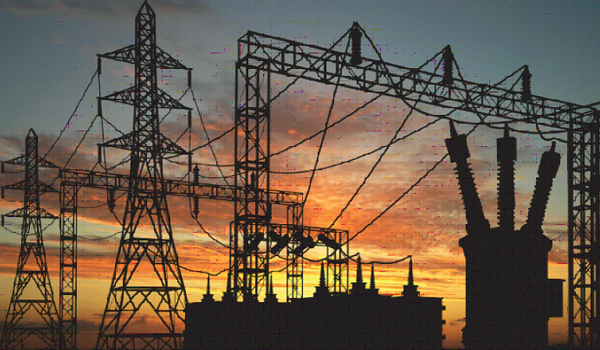ISLAMABAD: The Cabinet Committee on Energy (CCoE) is scheduled to meet on Tuesday to take a decision regarding the establishment of DISCO Support Unit (DSU) to combat electricity theft and ensure recoveries from defaulters of the power distribution companies (DISCOs).
According to sources, CCoE scheduled to meet on Monday to take up five agenda item comprising Pakistan Refining Policy for Upgradation of Existing/Brownfield Refineries 2023-Extension of Deadline for signing of upgrade agreements, Circular Debt Report for February, 2024, meeting on illegal spectrum of goods and services: incentives mechanism for recovery of electricity arrears above two years and from theft of electricity from private consumers, Standard Security Agreements for Small Hydro-Power Projects under Power Generation Policy 2015 and Strengthening Management in Distribution Companies (DISCOs) and Establishment of DISCO Support Unit (DSU).
Sharing details of strengthening management in distribution companies (DISCOs) and establishment of DISCO Support Unit (DSU), sources said that the DSU will be established in Multan Electric Supply Company (MEPCO) in the first phase and if this experience proves fruitful then it will be implemented in remaining DISCOs. They said that the DSU will directly report to the Secretary Power Division. They said DSU will be comprised of the officials of ISI, MI, FIA, Rangers, FC, Police and officials of district administration. They said an attractive incentive package has been meticulously crafted for district administration, police, and LEAs to bolster efforts against electricity theft and ensure recovery from defaulters. Officers and staff of DISCOs who demonstrate exceptional performance in these areas will also be rewarded with substantial financial incentives, said the sources.
It is also learnt from sources that DISCOs have to recover above Rs 1700 billion from defaulters and five percent of the total recovered amount will be given to those who will make efforts for its recovery.
As per sources, the incentive package, as detailed in the available documents, proposes a multi-tiered reward system.
For recoveries from private defaulters with outstanding dues for two to three years, a 5% reward is proposed. This reward increases to 7% for recoveries from private defaulters with arrears exceeding three years.
Similarly, recoveries from private disconnected defaulters will yield a 5% reward for arrears spanning two to three years and a 7% reward for those exceeding three years.
Additionally, up to a 10% reward will be offered for ongoing theft detection efforts, benefiting whistleblowers and police/LEAs who contribute to these recoveries. The disbursement of rewards will be managed through cheques issued by the Deputy Commissioner of the respective DISCOs, ensuring a transparent and accountable process, said sources.
Sources said that power sector reforms so far implemented by the government have met with failure. They said the DISCOs have failed to recover Rs 1780 billion from their consumers and the whole process of reforms have derailed due to mismanagement. They said the CCOE will also take up a summary of power division, titled “Illegal Spectrum of Goods and Services: Incentive Mechanism for Recovery of Electricity Arrears above Two Years and from Theft of Electricity from Private Consumers,” outlines the detailed framework of the proposed incentives.
It is pertinent to mention that the financial incentive package is seen as a critical step in addressing the pervasive issue of electricity theft and the massive backlog of unpaid bills. By engaging multiple layers of the civil and law enforcement infrastructure, the government aims to create a robust system of accountability and motivation. This initiative is expected to significantly enhance the efficiency of DISCOs in recovering dues and curbing illegal electricity consumption.




